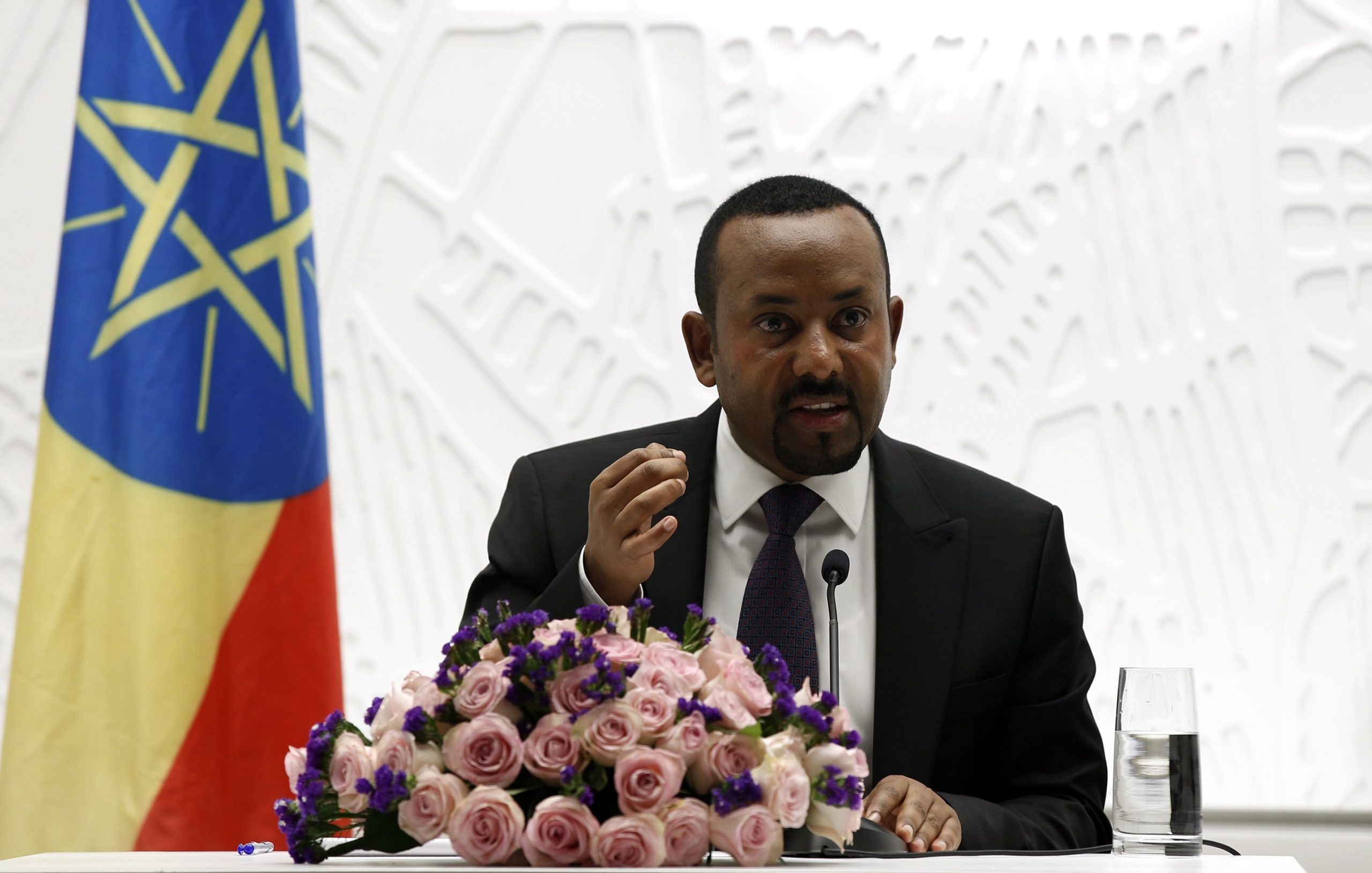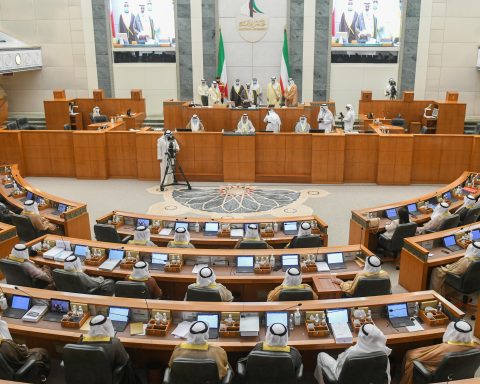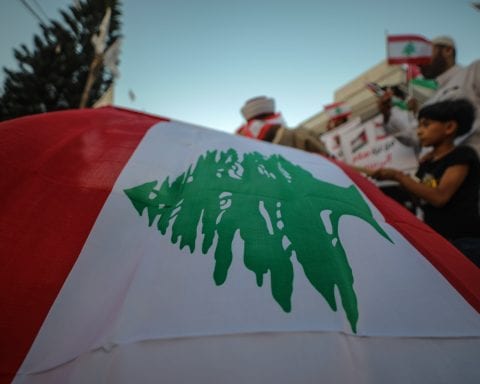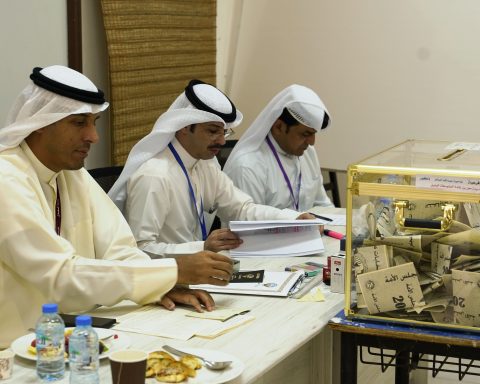The Ethiopian general election will take place on June 21st, according to a press conference by NEBE spokesperson Solyana Shimeles. The Ethiopia National Election Board (NEBE) announced that it had postponed the election which was initially going to be held on June 5th without giving a definite date due to personnel and logistical problems.
The statement pointed out that this date was determined as a result of meetings held with the Abiy Ahmed government, opposition parties and other officials. In addition, Solyana stated that the election will be held without further postponement before the rainy season that will begin in June.
Due to the COVID-19 pandemic’s impact on the general elections in Ethiopia, which was announced to be held on August 29, 2020, the NEBE announced that the elections would be held on June 5, 2021, after which the regional administration in Tigray decided to conduct their own elections. Thereupon, the political crisis that emerged between the federal government and the Tigray People’s Liberation Front (TPLF) soon turned into a conflict with the Ethiopian forces, and the Ethiopian army took control of Tigray’s capital, Mekelle. On the border with Sudan, more than 75 thousand Tigray residents are trying to survive in difficult conditions in refugee camps.
In this context, NEBE spokesperson Solyana stated that it was difficult to include voters affected by the conflict in the June 21 elections, but, before a new parliamentary meeting started in early October, they expected voters in these regions to be able to vote.
An issue related to the election is that there is no significant voter registration in some electoral districts shaken by ethnic violence in Oromia and Amhara, the most populous regions of the country. As a matter of fact, it is known that some opposition party candidates in the Oromia region preferred to boycott the election due to the arrest of their candidates and the destruction of their election offices.
The Ethiopian elections, which were postponed twice in a year due to logistical problems and the COVID-19 outbreak, will establish a government during a turbulent geopolitical context, most notably impacted by the Tigray conflict and the GERD dispute. Both the boycott of the election by some political groups in the Amhara and Oromia regions and the conflicts in the Tigray region, reflects the fragility of Ethiopian democracy, according to some experts.














